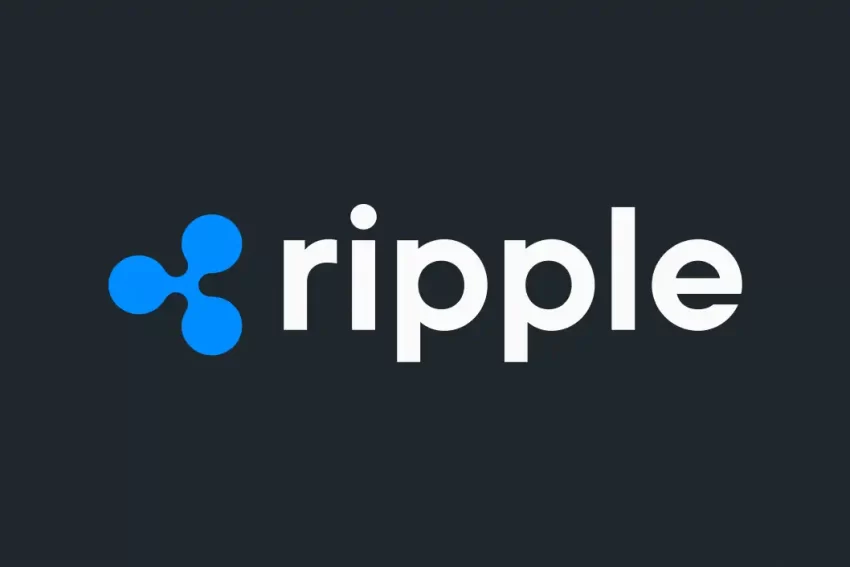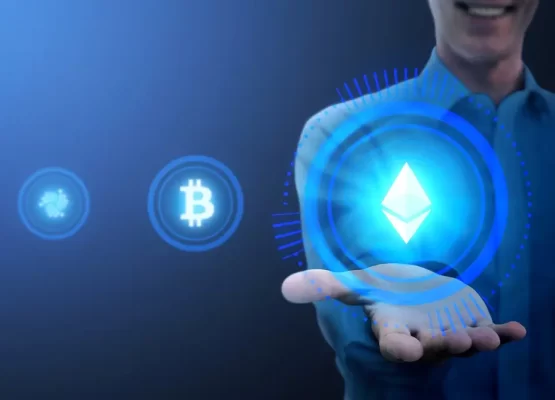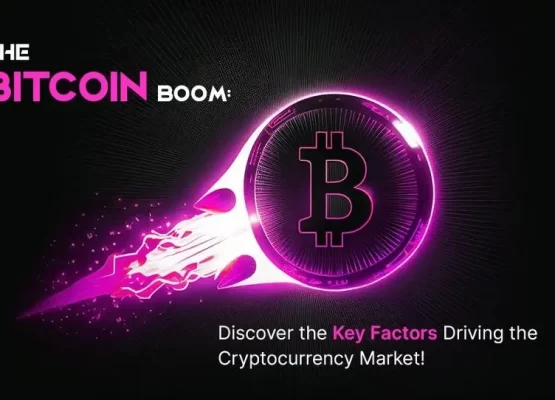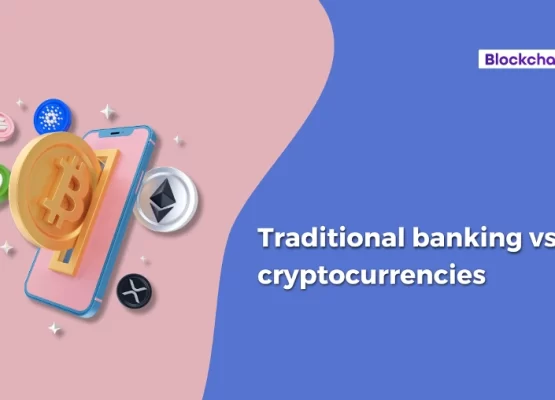Overview
Ripple runs on a peer-to-peer, open-source, decentralised platform that enables smooth money transfers in any currency, including dollars, yen, euros, and cryptocurrencies like litecoin and bitcoin. Global payments network Ripple has a number of well-known banks and financial services organisations as clients. To enable quick currency conversion between different currencies, XRP is used in its products.
Introduction
With its own cryptocurrency, XRP, Ripple is a blockchain-based digital payment network and protocol. Similar to the SWIFT system for international money and security transfers, which is used by banks and financial middlemen trading across currencies, Ripple’s primary operation is a payment settlement asset exchange and remittance system.
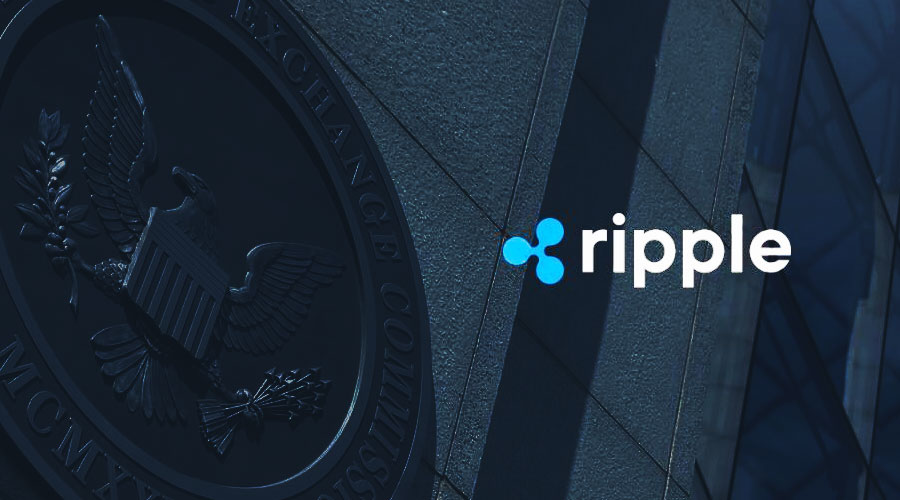
The premined cryptocurrency token is traded under the ticker XRP. The organisation and network are referred to as Ripple, and the cryptocurrency token is called XRP. The function of XRP is to act as a temporary settlement layer denomination and as an intermediary exchange mechanism between two networks or currencies. Chris Larsen and Jed McCaleb, who co-founded Ripple, launched it for the first time in 2012..
Digital Currency XRP
XRP, the digital currency from Ripple, serves as a medium of exchange for other currencies. It does not distinguish between any fiat and cryptocurrency, making it simple to trade one currency for another. The ecosystem’s various currencies each have their own gateway, such as CADBluzelle, BTCbitstamp, and USDsnapswap. Lawrence need not have any bitcoins in his possession if River wished to use them as payment for the services he provided to him. Canadian dollars (CAD) can be used to pay River through his gateway, and River will receive bitcoins in return. Multiple gateways can be utilised, creating a chain of trust that extends among the users, so that only one gateway is required to start an entire transaction.
Working
The Ripple network doesn’t operate on a proof-of-work (PoW) or proof-of-stake (PoS) mechanism like bitcoin or nxt. Instead, in order to verify account balances and transactions on the system, transactions rely on a consensus mechanism. By prohibiting double spending, the consensus seeks to increase the integrity of the system.
All but the first transaction will be erased if a Ripple user opens a transaction with several gateways but tries to send the same $100 to the gateway systems. Consensus among individual distributed nodes determines which transaction was created first. The instant confirmations last for about five seconds.
Digital Hawala Network Use
Consider a money transfer structure where the two parties on either end of the transaction use their preferred middlemen to get the money in order to comprehend how the system operates. Ripple essentially serves as a digital hawala service. Hawala is an unofficial way of sending money, typically across borders, without any actual cash changing.
Special Considerations
Ripple addresses some of the problems with conventional banks. On the Ripple network, transactions are settled in a matter of seconds (even though the platform handles millions of transactions frequently). This contrasts with banks, which can require days or weeks to finish a wire transfer. In comparison to the high costs imposed by banks for making cross-border payments, the cost of transactions on Ripple is likewise extremely low, with the minimum transaction cost required for a normal transaction set at 0.00001 XRP.
One XRP was valued approximately $33.75 cents as of the end of August 2022, and Ripple had a market cap of more than $16.6 billion, making it the seventh-largest cryptocurrency.
What Sets Ripple Apart from XRP?
Major Banks and financial service companies use the worldwide payments network Ripple. To enable speedy currency conversion between multiple currencies, Ripple developed the cryptocurrency known as XRP. XRP is used in Ripple products.
How Does the Ripple Network Work?
Consensus mechanism is used in Ripple network transactions to verify account balances and system-wide transactions. It does not operate on a PoS or PoW basis like Nxt or bitcoin. By avoiding double spending, Ripple’s consensus seeks to increase the integrity of the system.
Does Ripple Outperform Bitcoin?
Bitcoin transactions consume more energy, take longer to confirm, and have higher transaction costs, whereas ripple transactions use less energy, complete faster, and have far lower transaction costs.
Takeaways
- Although banks are meant to use the Ripple payment system primarily, individual investors can make predictions about the price of XRP.
- By market capitalization, Ripple (XRP) is one of the most valuable blockchain-based assets.
- Bitcoin transactions consume more energy, take longer to confirm, and have higher transaction costs, whereas ripple transactions use less energy, complete faster, and have far lower transaction costs.
- Ripple employs a consensus mechanism using a collection of servers owned by banks to confirm transactions rather than mining on a blockchain.
- With its own cryptocurrency, XRP, Ripple is a blockchain-based digital payment network and protocol.

